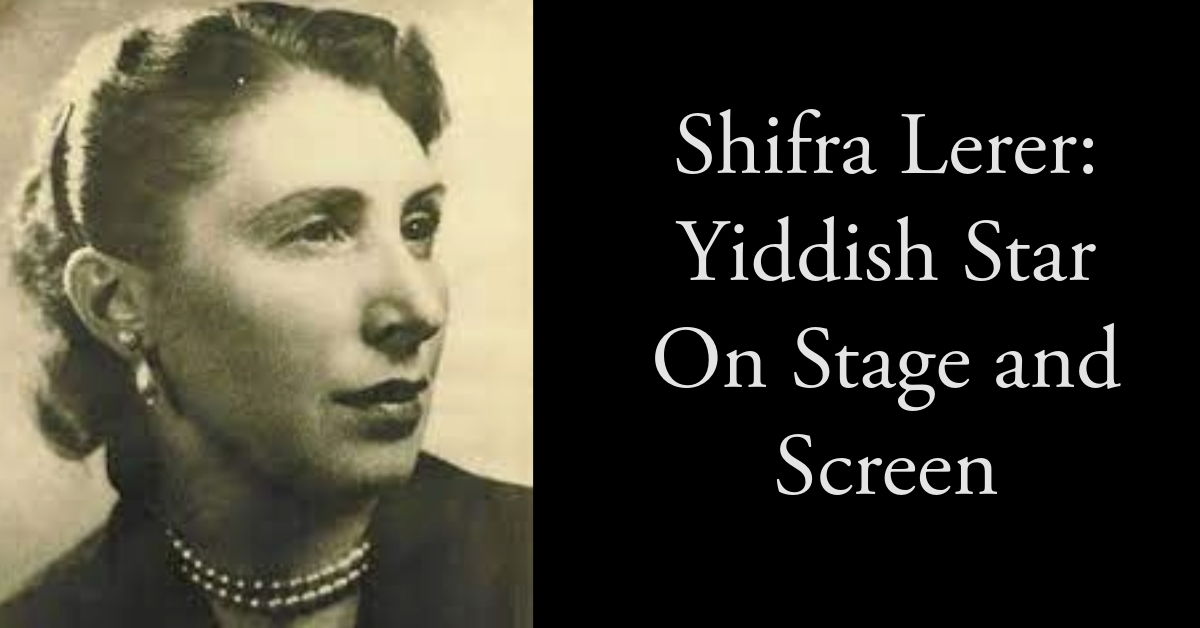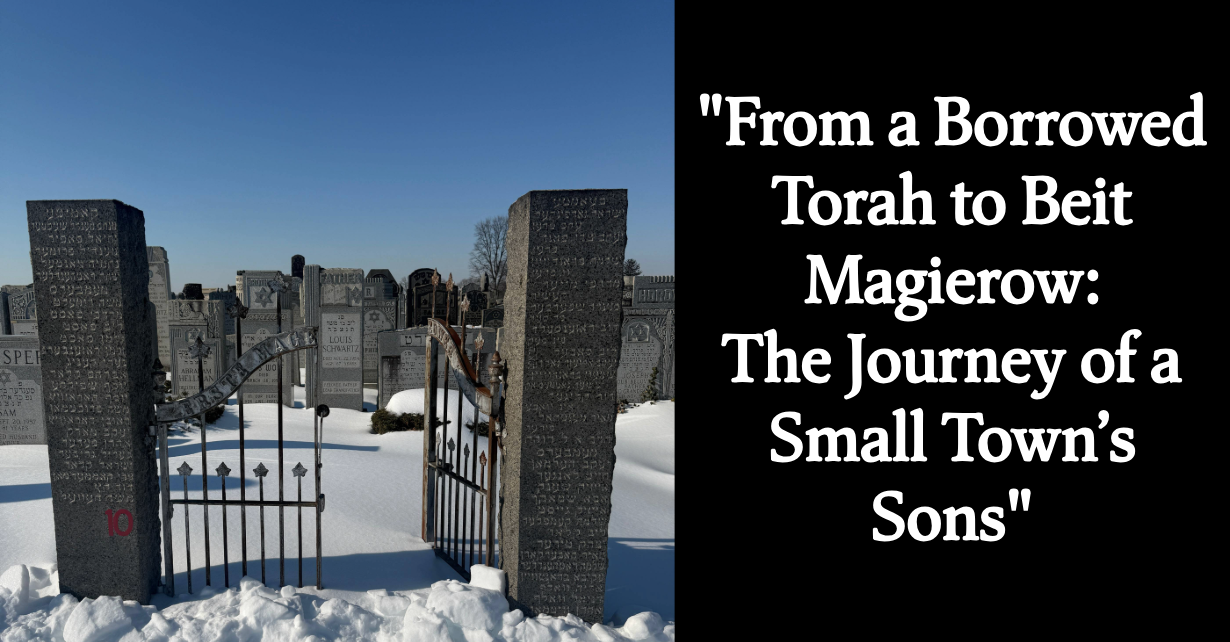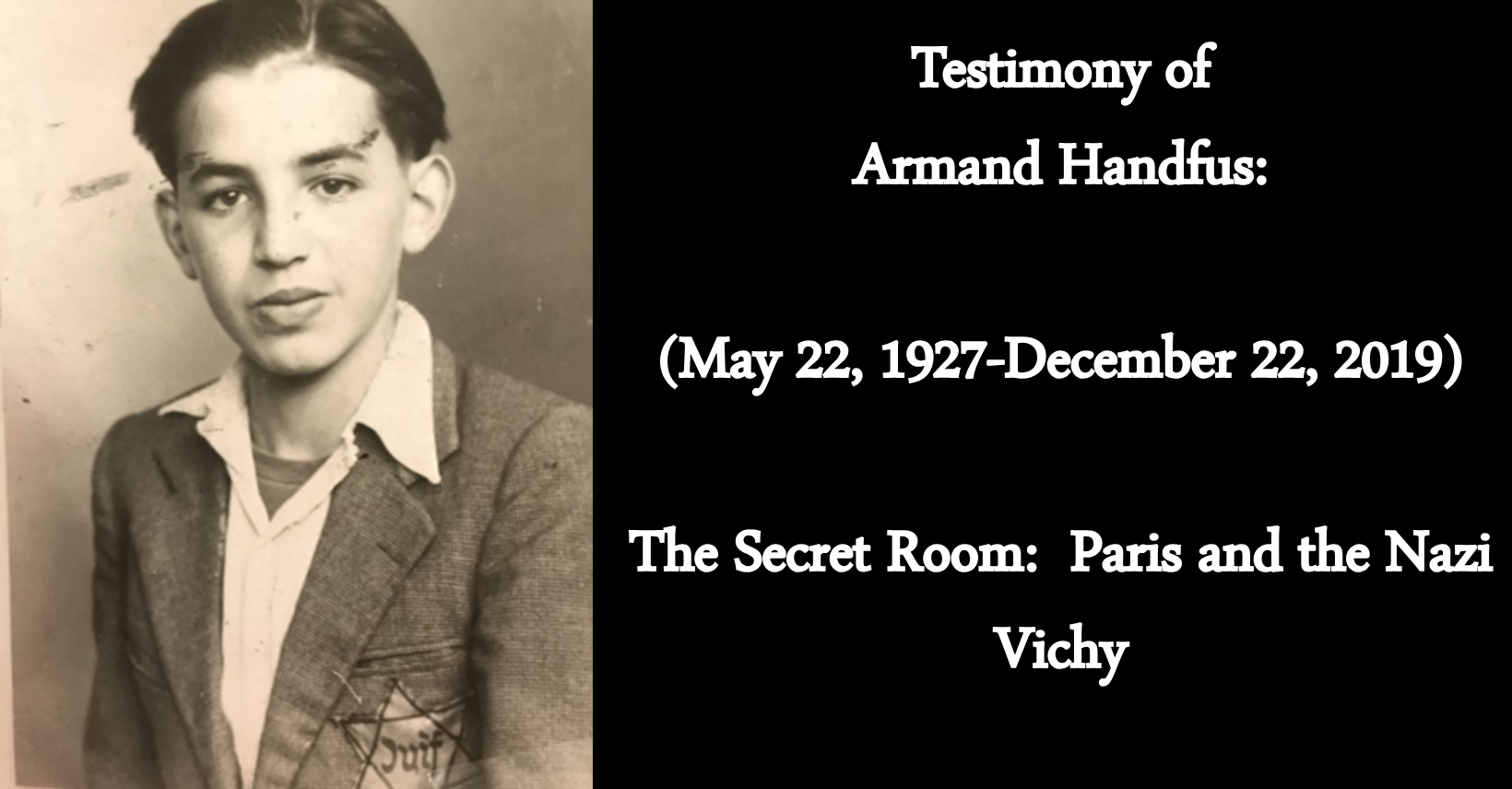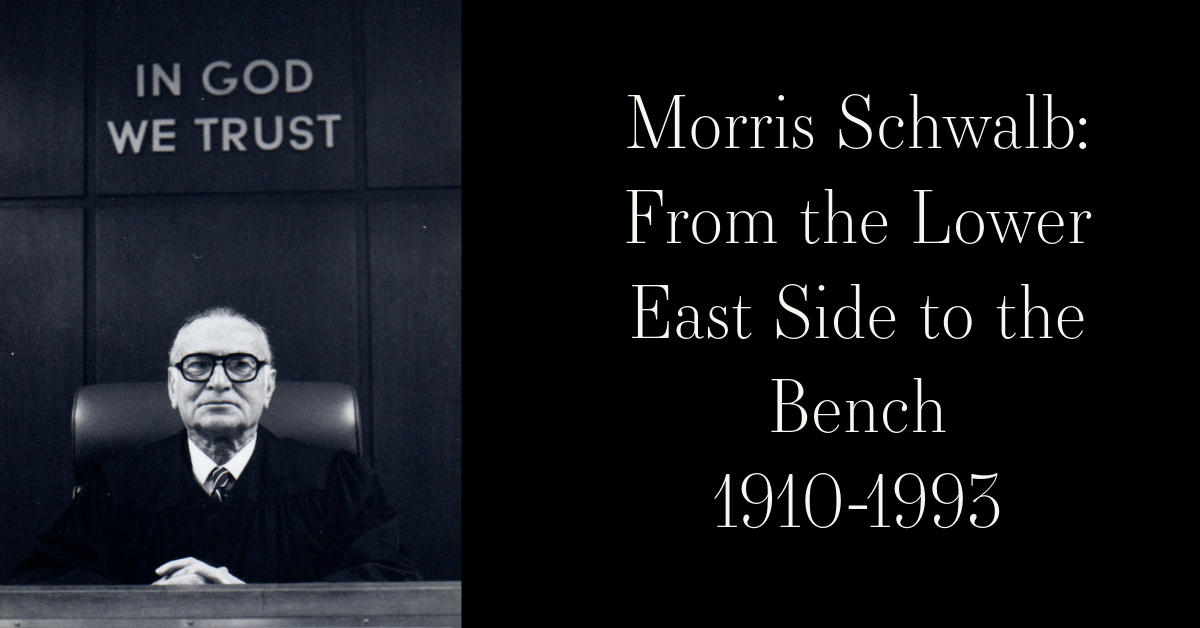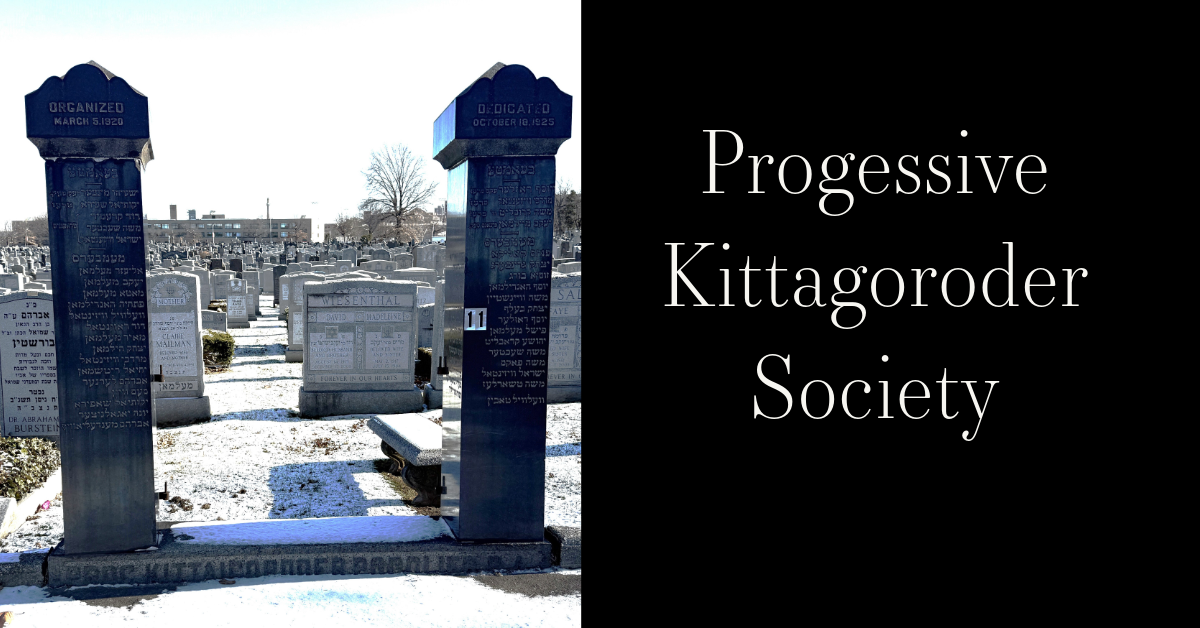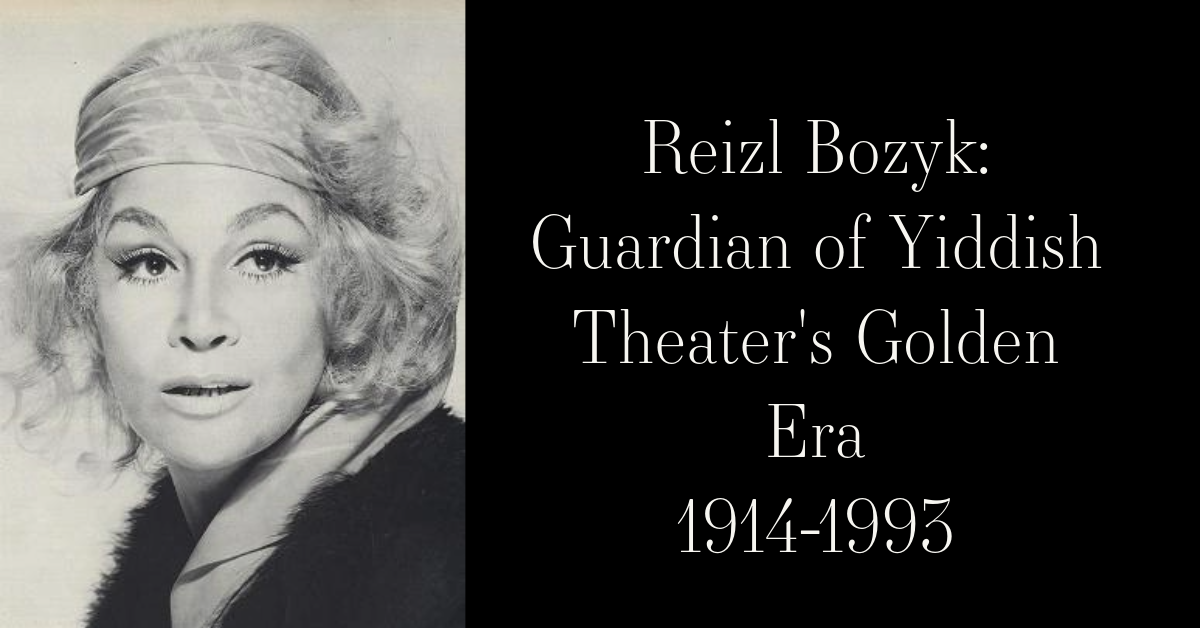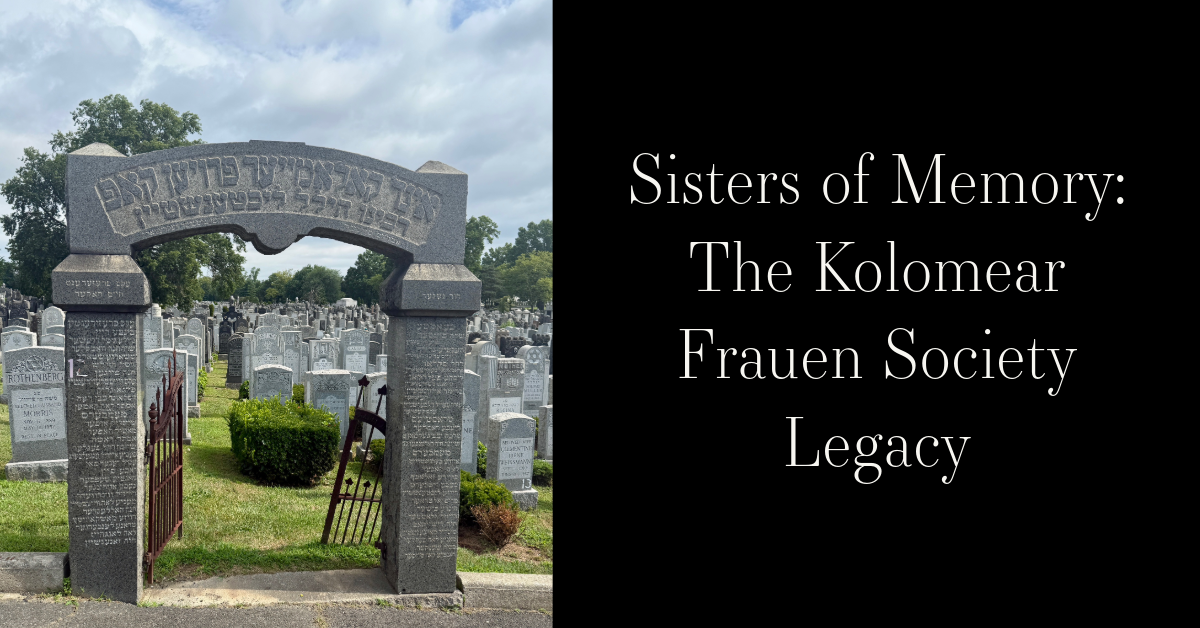Story Summary:
Shifra got her start in show business at the tender age of 8 when she began to act in children's roles. Around this time, an Actor/ Producer named Boris Thomashefsky was in Buenos Aires looking for a child actor for his touring Yiddish Troup. Miriam Lerer, Shifra's older sister, met with Mr. Thomashefsky and recommended he meet Shifra. Miriam added a caveat saying that their father might object. Mr. Thomashefsky reportedly stated, "You bring the girl, I'll deal with the father later."
Shifra Lerer: Yiddish Star of Stage and Screen
Shifra Lerer was born in the Santa Catalina Colony (the Pampas), in Argentina. Her father was a soap factory manager who had immigrated to Argentina from the Russian Empire to escape antisemitism and poverty in Russian shtetl. Little information exists about Shifra’s early family life.
Shifra got her start in show business at the tender age of 8 when she began to act in children’s roles. Around this time, an Actor/ Producer named Boris Thomashefsky was in Buenos Aires looking for a child actor for his touring Yiddish Troup. Miriam Lerer, Shifra’s older sister, met with Mr. Thomashefsky and recommended he meet Shifra. Miriam added a caveat saying that their father might object. Mr. Thomashefsky reportedly stated, “You bring the girl, I’ll deal with the father later.”
When she was 10 years old, Shifra was involved in Yakov Botashanski’s productions in the Theatre Circle. Shifra also participated in a Jacob Botashansky production. When Shifra got a little older, she attended a Spanish language drama school in Argentina where she performed for three years on stage. After this experience, she became a member of the Yiddish Artists Union, and she began to act in Yiddish. She performed with various other Yiddish actors and actresses. Shifra was recommended by a fellow actor, Samuel Goldenberg, who signed her up to perform “From New York to Berlin" at the Parkway Theatre in Brooklyn, which is how Shifra came to the United States. After acting there for one season, Shifra began performing in concerts for Yiddish organizations such as the Arbeter Ring, Jewish National Arbeter Farband and Histadrut.

In 1946 Shifra traveled back to Argentina where she performed together with Ben Zion Witler in the Mitre Theatre. After that fortuitous meeting, Shifra thereafter returned to New York and followed the same path and theatrical career as Mr. Witler. She began performing in Vaudeville reviews while waiting to get into the Hebrew Actors Union which finally happened in 1946. In 1952 Shifra had a memorable role in Herman Yablokoff’s production of “Uncle Sam in Israel,” at the Public Theatre in New York. After the production closed, Shifra traveled with Ben Zion to her native country, and she soon became Ben Zion’s collaborator in musical productions. In 1957, Shifra married Ben Zion Witler. After Ben Zion passed away in 1961, Shifra decided to permanently settle in New York City. Her second husband was Michael Michalovic, a Yiddish actor, also hailing from Buenos Aires. He died in 1987.
Shifra had a talent for portrayals of classic Jewish types. Over the years, Shifra appeared in countless productions, earning high marks for singing, comedy and drama. Shifra made her Silver Screen debut as Frieda in 1950’s “God, Man and the Devil.” The famous film director, Woody Allen, recognized her talent and cast Shifra in “Deconstructing Harry” (1997). Other films Shifra will be remembered for are “A Stranger Among Us,” (1992) directed by Sidney Lumet, “Avalon” (1990) directed by Barry Levinson, and “Breathing Room,” (1996). Shifra was also cast as an understudy in the Broadway play, “Those were the Days,” in 1990.
Shifra Lerer was a performer par excellence. She was adept at acting, singing and dancing. In 1986, Shifra garnered two Goldies (awards given for Yiddish Theatre work), for best actress and in 1989 was awarded the Zhitovsky Lifetime Achievement Award for her artistic contribution to the Yiddish Theatre. Shifra worked in the Yiddish Theatre until she was 90 years old. Over the course of her career, Shifra worked with some of the most famous Yiddish actors in the industry including Molly Picon, Maurice Schwartz, Yakov Ben-Ami and Joseph Buloff. Shifra appeared opposite every major Yiddish theatre actor during her career. She was one of the founders of the Yiddish National Theatre, which was created to ensure the future of the Yiddish Theatre in America. She was also Vice President of the Yiddish Artists and Friends Actors Club.

In her later years, Shifra was a guest star in Argentina and Israel. She appeared in a Yiddish play about Hannah Senesh in Buenos Aires. Shifra was asked to put on the same drama in Spanish for younger audience members, so she played the role in both Yiddish and Spanish. In addition to her stage and movie career, Shifra also made Yiddish records, an exercise video and starred in Yiddish cooking videos.

In May 2002, Shifra attended a Gala entitled, “Celebrating theYiddish Folksbiene Yiddish Theatre and 100 Years of Yiddish Theatre,” which took place at Hunter College. In attendance were former New York City Mayor, Ed Koch, as well as several Hollywood actors including Tony Randall and Kirk Douglas. At this Gala, Shifra was presented with a Lifetime Achievement Award in the Yiddish Theatre.
On March 12, 2011, Shifra died of a stroke in Manhattan at the age of 95. She was buried in Block 67 of Mount Hebron cemetery in Flushing, Queens.

~Blog By Renee Meyers


